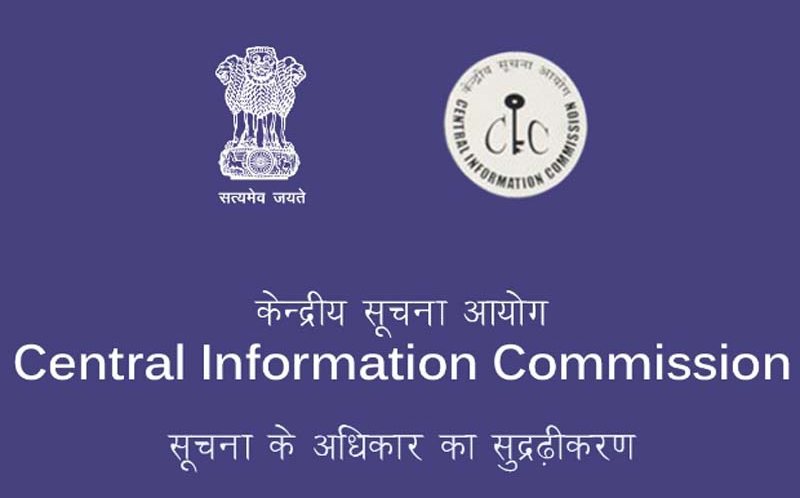The Central Information Commission (CIC) has taken serious note of several officers of the Jammu and Kashmir Government deliberately creating obstruction and delay in providing information requested under the Right to Information Act, 2005. The CIC has sought explanations from the Deputy Director, Manager (Personnel), and two other officers of different departments in this regard. The repeated violations of the RTI Act by various government offices in Jammu and Kashmir are a serious matter that requires immediate attention.
The CIC has taken note of these violations and has sought explanations from the officers involved, as it has the authority to impose penalties on public officials found guilty of obstructing the dissemination of information or violating the provisions of the RTI Act. Show-cause notices have been issued to the officers and they are expected to provide explanations for their actions. The CIC needs to address these violations and take appropriate action to ensure that the RTI Act is implemented effectively. By holding the responsible officers accountable, the CIC sends a strong message that such misconduct will not be tolerated and emphasises the importance of timely information disclosure. However, it is ultimately the responsibility of the concerned authorities, including the First Appellate Authorities, to act promptly and responsibly in fulfilling their obligations under the RTI Act. Swift action against those who misuse their authority or cause undue delays is crucial to maintaining the integrity of the RTI process and upholding the rights of information seekers.
There could be multiple reasons why some offices fail to provide information on time. Whatever the reasons, the government must address these issues through awareness campaigns, training programmes, and effective monitoring mechanisms. There should be a culture of transparency and accountability instilled within government offices, with strict adherence to the timelines prescribed by the RTI Act. Regular monitoring and review of the implementation of the Act can help identify and address the bottlenecks and challenges faced by public officials.
More importantly, as the cases point out, multiple officers within the same department have ignored their obligations under the RTI Act by failing to provide the requested information. This pattern of non-compliance indicates a systemic issue within the department that needs to be addressed. When multiple officers in succession fail to fulfil their responsibilities as PIOs and do not respond to RTI applications, it raises questions about the culture of transparency and accountability within the department. To address this issue, the higher authorities in the department and the government need to conduct an inquiry into the reasons behind this repeated non-compliance and ensure that appropriate measures are taken to rectify the situation.
It is expected that the CIC’s actions and penalties if imposed, will serve as a deterrent to future violations and encourage a more transparent and efficient implementation of the RTI Act. While the CIC has the authority to take action against non-compliant offices and officials, the onus lies on the local administration to address this issue. The government should prioritise the effective implementation of the RTI Act and ensure that all public offices understand their responsibilities under the law. Ultimately, the commitment to transparency and the effective implementation of the RTI Act must come from the highest offices of the government. It is their responsibility to ensure that the principles of the Act are upheld and that the necessary steps are taken to rectify any non-compliance. It may include disciplinary action against officials who repeatedly violate the provisions of the RTI Act and implementing systemic changes to improve the information dissemination process. By proactively tackling the problem and cultivating a culture characterised by openness, the government can cultivate an atmosphere wherein every government department in Jammu and Kashmir values and upholds the RTI.


